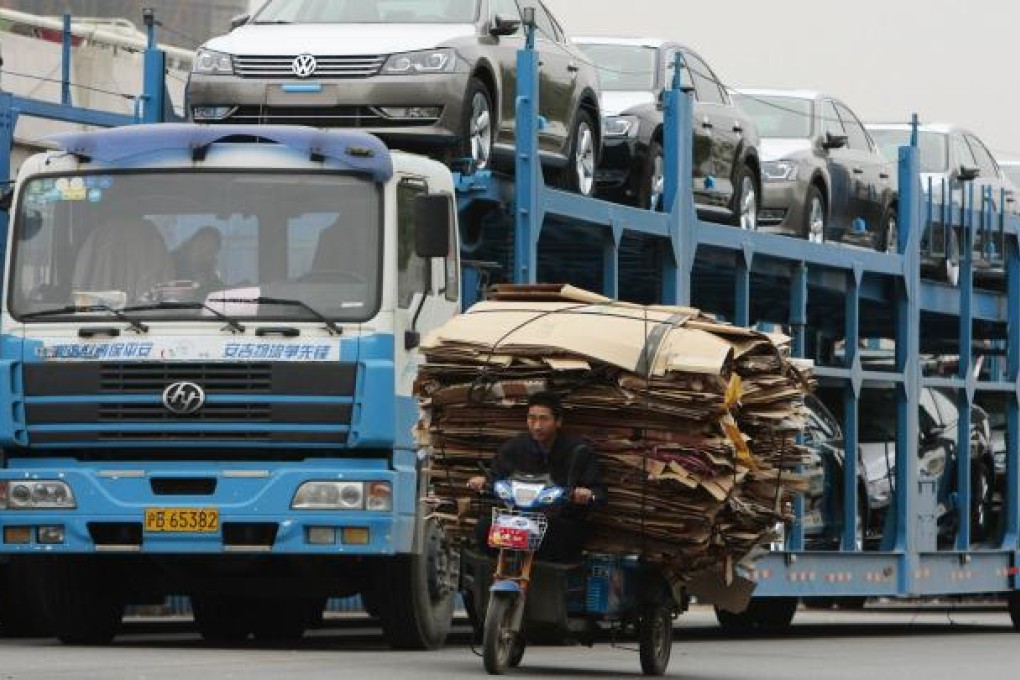Opinion | China car sector set to overheat
China's car sector is headed for a supply glut of up to 20 per cent in the next five years, fueled by an overzealous build-up led by major foreign automakers.

I doubt this plan is completely new, as VW and most other foreign automakers have been talking about massive expansions of their China capacity for much of the last 2-3 years, after China officially passed the US to become the world's biggest auto market in 2010. But this kind of mentality from VW and the others is looking increasingly dangerous, as each seems to be trying to outdo the other with bigger and bigger China expansions that look increasingly aggressive.
If others follow a similar path, we could see China's overall car production capacity double over the next five years, meaning sales would have to grow by around 20 per cent annually over that time to absorb all the new output. While China has posted that kind of rapid growth in the past, I doubt it will be able to maintain that pace over the next few years as the market becomes saturated.
What's more, most big cities are also trying to ease demand for new cars as part of their effort to reduce road congestion and combat air pollution. As a result, I suspect we'll see a relatively big glut of overcapacity emerging over the next five years, with much of that extra capacity at big foreign names like VW and their China joint ventures.
Let's take a closer look at the latest reports, which have VW saying it is aiming to expand its annual car production capacity in China to 4 million units by 2018. If all that capacity was used, it would equal nearly half of the 9 million cars that VW sold last year. It's no huge surprise why VW and other global automakers are looking to China as a bright spot for their future.
VW's China sales jumped nearly 20 per cent last year to more than two million cars, and its operating profit there rose by an even bigger 42 per cent to 3.7 billion euros. VW's growth was the biggest among major global automakers, who still managed to post strong growth in the 10-15 per cent range. The one exception to that were the Japanese car makers, whose sales dropped sharply in the fourth quarter due to consumer boycotts at the height of a territorial dispute between Tokyo and Beijing.
